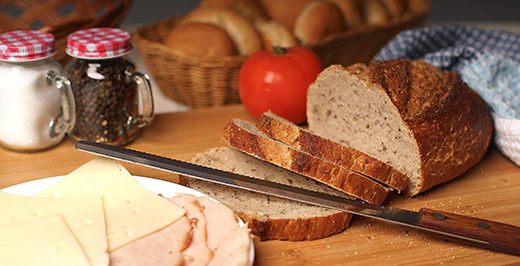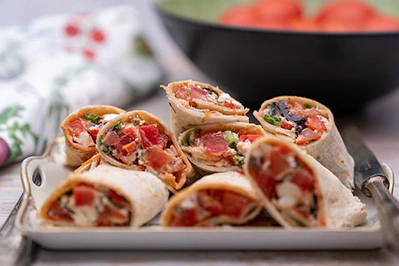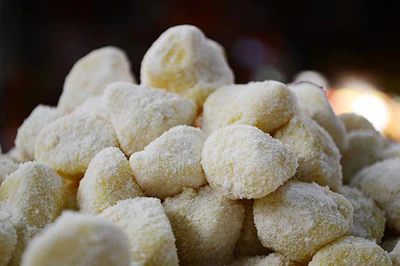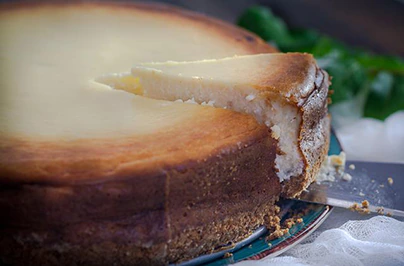| Essence |
Sorbic Acid or E200 is a naturally occurring organic compound typically used as a preservative, hence most commonly used to prevent the growth of mold, fungi, yeast, and some bacteria. |
| Names |
2,4-hexadienoic acid, 2-propenylacrylic acid, CAS 110-44-1, E200, Sorbic Acid, and others. |
| Sourcing |
Commercially, it is created through chemical synthesis (ketene and crotonaldehyde). Naturally, it occurs in various fruits like rowan berries (Sorbus aucuparia) which is also what it was first derived from. |
| Manufacturing |
As implied in the previous section, the manufacturing is typically done through the ketene-crotonaldehyde condensation method. Both ingredients are exposed to salts of divalent transition metals as catalysts (typically composed of metals (like cadmium, zinc, nickel, manganese, cobalt, and copper), metal oxides, or carboxylate salts (like zinc isovalerate). Through this process, a polymeric ester of 3-hydroxy-4-hexenoic acid is created. As far as molecular mass, it’s about 2,000 g/mol or above. |
| Application |
Preservative (natural, slightly water-soluble) and Flavoring (natural, ethanol-soluble). |
| Acceptable Daily Intake |
None determined. |
| Side Effects |
In extreme amounts or to some select few people, it can cause diarrhea, headaches, nausea, vomiting, flushing, redness of skin, stomach cramps, and mildly increased urination. These effects are profoundly unlikely to happen just through food. To that end, 2,4-hexadienoic acid is generally a very safe substance. |
| Benefits |
Other than offering anti-microbial properties, Sorbic Acid does not offer any real benefits. |
| Studies |
1,450+ studies on Pubmed. 110+ studies on safety. |
| Allergens |
None. |
| Diet Restrictions |
None. |
| Health Knight Assessment |
Typically Harmless. | Category 1 Additive. |
| Products |
It can be used in supplements but that’s not too common. It is used in processed foods like pastries, bread, cheeses, lemonades, cakes, sweets, ciders, candy, fruit juices and drinks, pizzas, yogurts, wines, buttermilk, kefirs, soups, fruit salads, dried meats, jellies, margarine, jams, desserts, pies, biscuits, cookies, syrups, tortillas, pizza rolls, Hawaiian rolls, bagels, pasta, chocolate spreads, chocolate bars, donuts, falafels, soft wraps, sausages, burgers, sandwiches, soft drinks, icings, gnocchi, cream cheeses, sauces, energy drinks, olives, salads, protein bars, muffins, mochi, ketchup, tacos, hummuses, mayonnaise, wafers, buns, salami, salsa, seasonings, shredded squids, nuggets, smoked fish, and others. |



